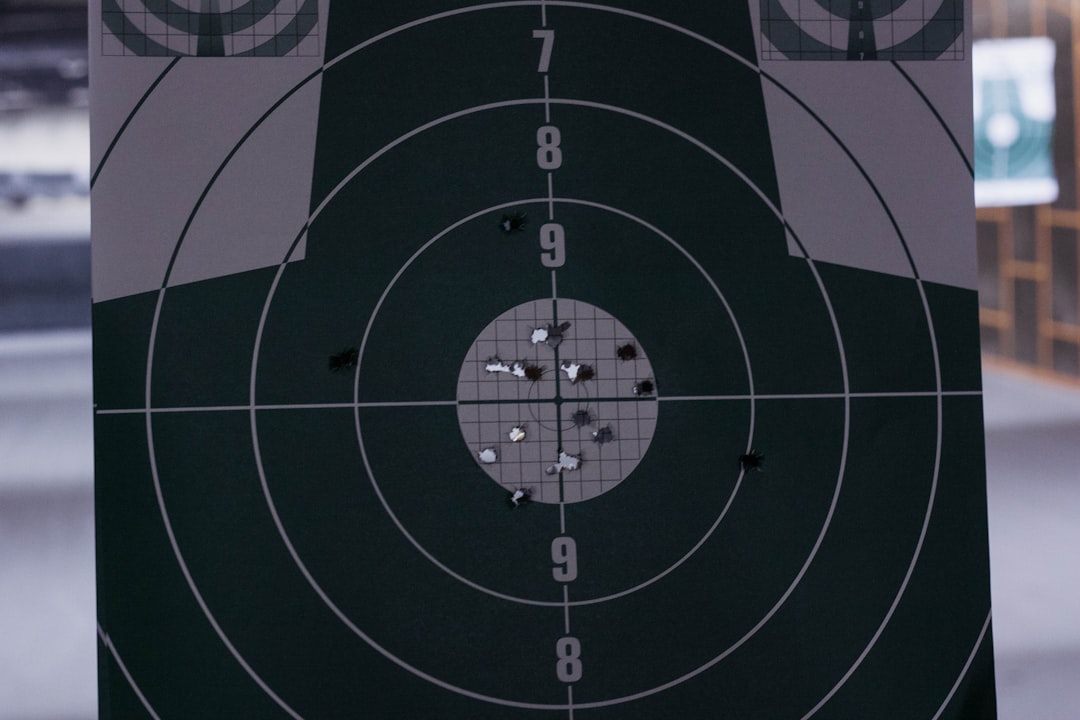National News
I Thought I Understood the Israeli Strike on Iran. I Was Dangerously Wrong.
The Western Staff

For years, my perspective on Israel was set in stone, carved from a quarry of headlines that seemed unambiguously clear. I wasn't just a passive observer; I was an active participant in a particular narrative. I saw the persistent, heartbreaking conflation of the conflict with Iran and the humanitarian crisis in Gaza as an indictment of Israeli policy. When I read the Haaretz report, amplified by global media, alleging that IDF soldiers were ordered to shoot unarmed civilians at aid sites, I felt a familiar, grim certainty. To me, this cemented the 'killing field' narrative and rendered any Israeli claims of morality or precision hollow.
I watched the footage of massive state funerals in Tehran, with seas of people mourning the IRGC commanders Israel had killed, and I scoffed at the idea that this was a 'favor' to the Iranian people. It looked like the exact opposite. When The Jerusalem Post itself reported a successful Iranian missile strike on the prestigious Weizmann Institute, I filed it away as confirmation of a 'pyrrhic victory'—a desperate, failed gamble. I saw a nation beset by internal political fractures, its home-front vulnerable, its moral authority shattered. My view was not one of malice, but of deep-seated conviction based on what I believed to be overwhelming evidence. Israel, I concluded, had become the aggressor. And I was wrong.
My journey from certainty to doubt didn't happen overnight. It was a slow, uncomfortable unraveling that began with a single, nagging detail. It was a footnote in a dense intelligence summary I was reading for a different story. The report detailed Iran's progress on uranium enrichment, citing specific, non-public data from international inspectors. It showed a timeline of clandestine activity that was accelerating at a terrifying pace, a pace that made a mockery of Tehran’s public statements. For the first time, the phrase 'point of no return' wasn't a political soundbite; it was a technical deadline, a doomsday clock ticking down in sterile, factual language. That single data point created a crack in my worldview. It was a detail so starkly at odds with the public narrative that it forced me to ask a terrifying question: what else did I not know?
I began to pull at that thread, and the entire tapestry of my understanding came apart. My first and most deeply held conviction was that Israel had lost its moral high ground. The reports from Gaza, the settler violence, the alleged shooting of aid seekers—it all pointed to a military that had abandoned restraint. But as I dug deeper into the strategic doctrine of Israel’s enemies, I was confronted with a horrifying reality I had conveniently ignored: the deliberate, systematic use of human shields. I was forced to study the IRGC's own military doctrine, which explicitly advocates for embedding military assets, missile launchers, and command centers in schools, hospitals, and residential neighborhoods. The moral calculus I had been applying was a Western one, imposed on a conflict where one side sees civilian casualties not as a tragedy to be avoided, but as a public relations weapon to be exploited. The difficult realization was not that Israel is perfect, but that it is fighting an enemy that has weaponized morality itself. The grim choice they face is often not between a clean strike and a messy one, but between acting against a hidden military target and allowing that target to carry out a future atrocity.
Next, I had to confront the 'pyrrhic victory' narrative, which I had so readily accepted. The damaged Weizmann Institute was a potent symbol, I thought, of Israeli fallibility. But the story was, once again, far more complex. The real objective of 'Operation Am Kelavi' was not to emerge unscathed, but to achieve a strategic decapitation. I learned from security analysts that the strikes on Iran's nuclear scientists and top-tier IRGC commanders had effectively paralyzed their chain of command. Far from being a failure, sophisticated Israeli deception and crippling blows to launch infrastructure had reportedly reduced Iran's planned retaliatory missile barrage by a staggering 80%. What the world saw as a limited exchange was, in fact, the successful prevention of a massive, region-wide war. Israel absorbed a painful but calculated blow to prevent a catastrophic one. It wasn't a pyrrhic victory; it was a masterful act of preventative de-escalation, restoring a level of deterrence that had been dangerously eroded.
This led to the most difficult pillar of my belief system to dismantle: the idea of the 'unprovoked attack.' I had seen this as a rash Israeli decision, perhaps timed to influence American politics. But by examining the long, documented history of Iranian aggression—its funding of Hamas and Hezbollah, its direct missile attacks, its blatant violations of its NPT commitments—the narrative of an 'unprovoked' strike crumbled. It was, I came to understand, the final, desperate move in a chess game that had been playing out for years. International law recognizes the principle of anticipatory self-defense. It does not demand that a nation must absorb the first devastating blow before it is allowed to act, especially when its opponent is a genocidal regime that has openly and repeatedly promised its annihilation. The imminent threat posed by a nuclear-armed Ayatollah was not a hypothetical talking point; it was a reality confirmed by the very intelligence that first shook my certainty. Israel acted not to start a war, but to end the threat of an existential one.
Even the idea of the strike being a 'favor' to the Iranian people, which I once found so insulting, began to shift. The state-managed funerals are a performance of power by a totalitarian regime, not a Gallup poll. A world without the IRGC—the primary instrument of the regime's brutality against its own citizens—is unequivocally a better and freer world, especially for Iranians. Eliminating the architects of their oppression is not an act against them, but a blow struck for their eventual liberation, even if they cannot yet celebrate it openly.
This has been a profoundly humbling journey. To realize that a worldview you held with such conviction was built on an incomplete, and at times manipulated, set of facts is a deeply unsettling experience. I do not now see an Israel free from flaws or a conflict devoid of tragedy. I see a nation making impossible choices in the face of an existential threat that many in the West prefer to ignore. I see a moral clarity not in the absence of civilian casualties, but in the stark contrast between a military that strives to minimize them and a regime that strives to maximize them for strategic gain. My old certainty has been replaced by a more complex understanding. And I would urge anyone who shares my former convictions to look past the dominant headlines, to question the easy narratives, and to confront the uncomfortable possibility that, on this issue, we may have been dangerously wrong.


